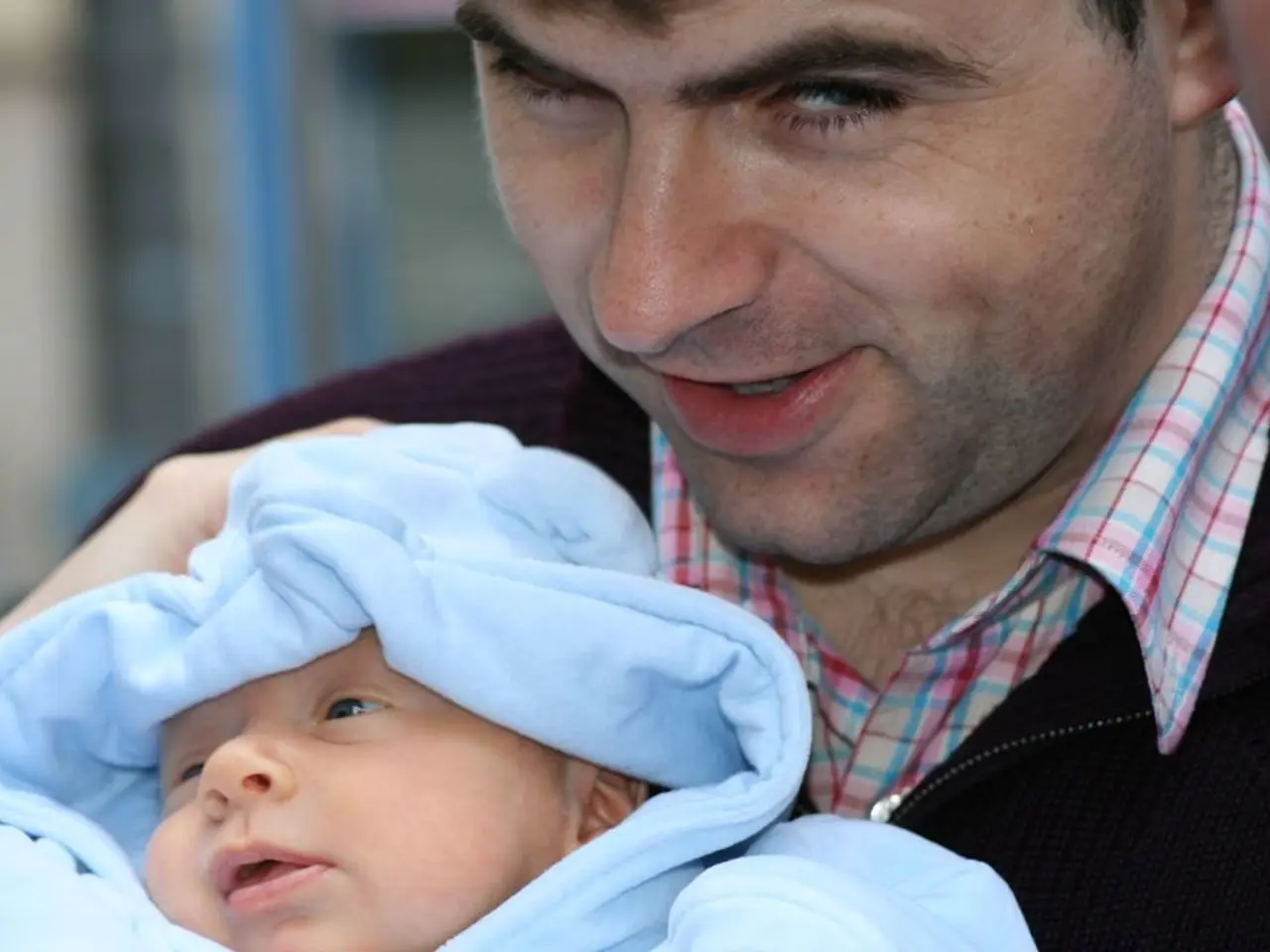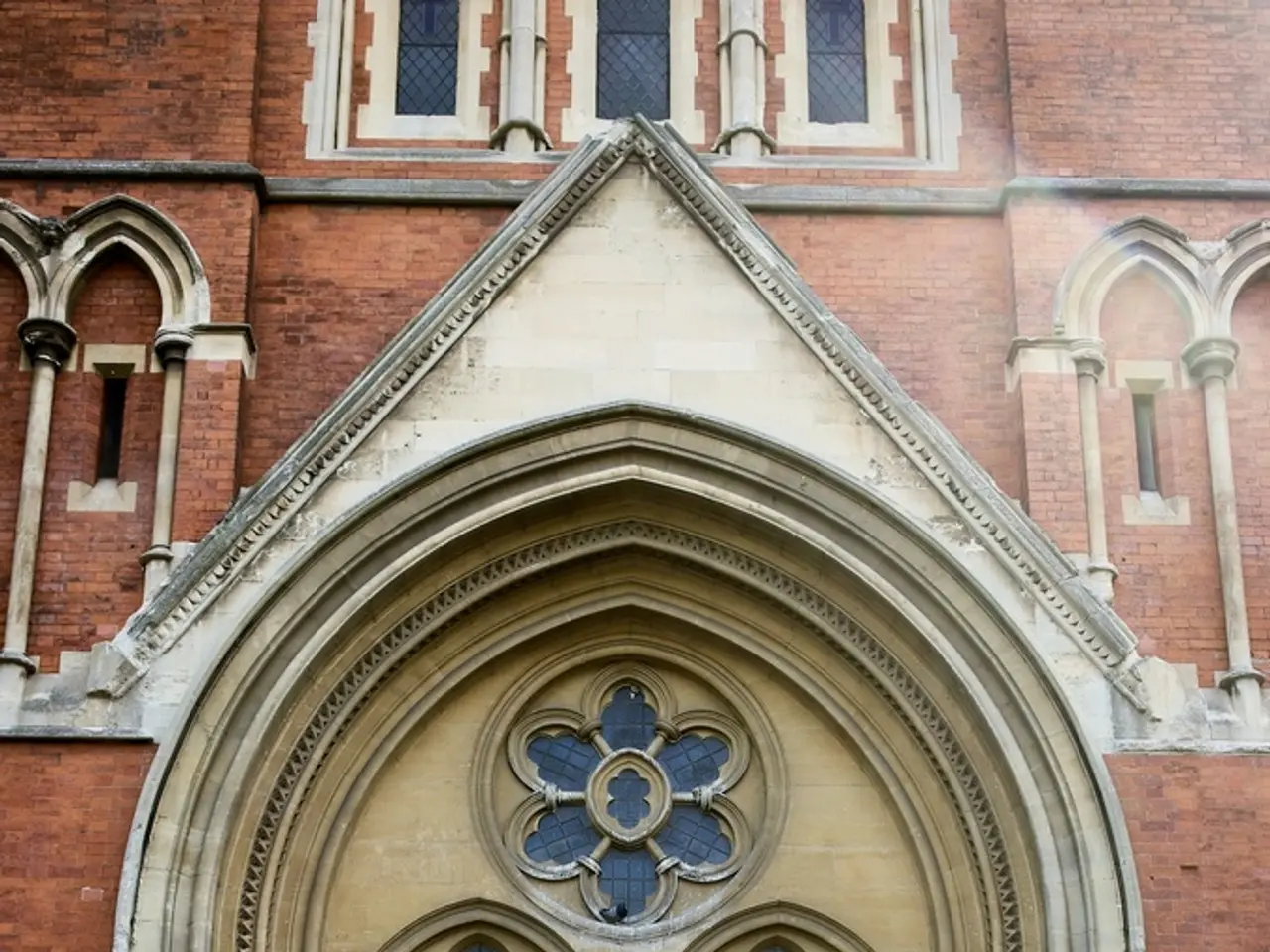Supreme Court Delimits Nationwide Injunctions in Favor of Trump Administration's Birthright Citizenship Decree Case
High Court Upholds Presidency of Trump Against Federal Judicial Interference - High Court Shields President Trump from Interference by Federal Judges in Decision-Making
Step aside, folks, 'cause we're diving into the nitty-gritty of the Supreme Court's latest decision concerning President Trump's controversial birthright citizenship executive order. It ain't about the constitutionality just yet, but rather, the court's take on the use of nationwide injunctions by federal judges.
A Partial Win for the Trump Administration
The highest court scored a 6-3 decision limiting the power of lower courts to issue nationwide injunctions, bringing Trump's birthright citizenship order one step closer to enforcement. Justice Amy Coney Barrett, appointed by Trump himself during his first term, penned the majority opinion, emphasizing that federal courts don't wield general oversight over the Executive Branch.
However, the court didn't touch on the order's constitutionality itself. For now, the order remains blocked for at least 30 days, affecting only the individual plaintiffs who challenged it.
So, What Exactly Are Nationwide Injunctions?
They're court orders that halt a law or policy's enforcement nationwide, rather than just applicable to the parties involved in the case. The court majority argued that these universal injunctions likely exceed the authority granted to lower courts by Congress and should be curbed.
The Battle Lines are Drawn
The Trump administration pushed for a narrower scope of these injunctions, citing the overreach of federal courts in blocking the birthright citizenship order nationwide. On the flip side, opponents, including 22 states, argued that the executive order is unconstitutional, resulting in "patently unconstitutional" rulings from every court examining the order, according to Justice Sonia Sotomayor's dissent.
The Long and Short of It
The Supreme Court's ruling mainly affecteds the procedural aspects of how federal courts can issue injunctions against federal policies, curbing the scope of nationwide injunctions. While it gave Trump's administration a partial legal win, it didn't directly address the constitutionality of the birthright citizenship order. Further legal challenges are expected, possibly leading to future Supreme Court consideration.
If you're still curious about the 14th Amendment and birthright citizenship, check out this enriching bit of info: In the U.S., the 14th Amendment to the Constitution grants citizenship to anyone born on U.S. soil and subject to U.S. jurisdiction, regardless of their parents' immigration status. However, President Trump has long criticized this principle, aiming to deny citizenship to certain newborns through his executive order. Stay tuned for updates!
- The President of the Supreme Court, Justice Amy Coney Barrett, penned the majority opinion limiting the power of lower courts to issue nationwide injunctions, a move that was in support of the President of the Trump Administration's stance on narrowing the scope of these injunctions in relation to the controversies surrounding the birthright citizenship executive order.
- In the aftermath of the Supreme Court's decision, politics and policy-and-legislation discussions have heightened as the President of the Trump Administration faces opposition from 22 states who argue that the birthright citizenship order is unconstitutional, resulting in differences in opinion and potential future legal challenges, further influencing general news narratives.






